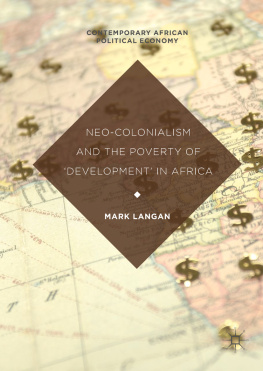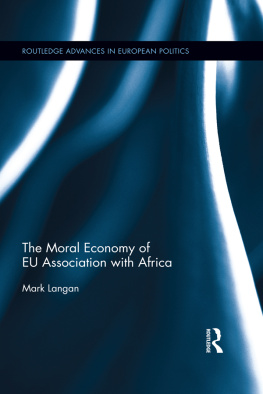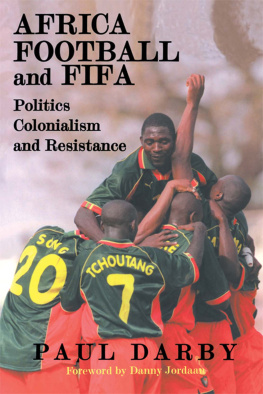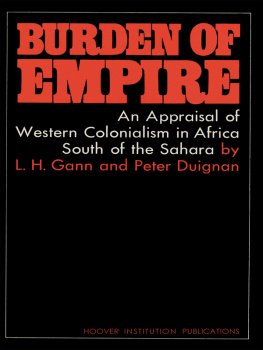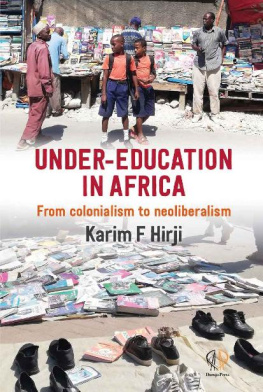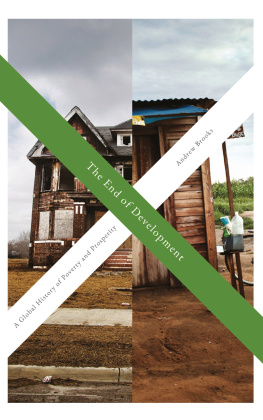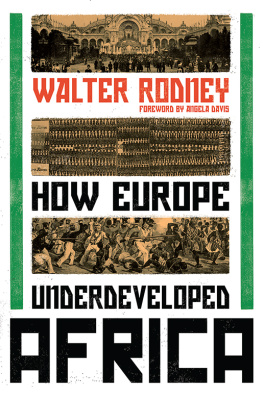Introduction
Walter Rodney (: xi) remarked in How Europe Underdeveloped Africa that the phenomenon of neo-colonialism cries out for extensive investigation in order to formulate the strategy and tactics of African emancipation and development. Unfortunately, in 2017, 60 years after Ghanaian independence (the first African state to liberate itself from formal Empire), the phenomenon of neo-colonialism still cries out for extensive investigation.
Neo-colonialisma situation of infringed national sovereignty and intrusive influence by external elementsis now often regarded as an outmoded concept in International Relations (IR), and in Development Studies. Many scholars are decidedly squeamish when the term is invoked. : 1891), invoking Harrison, states that there are at least three senses in which speaking of Africa as a whole might be justified as a collective international actor; as a collection of states with (in the broadest of sweeps) a shared history; and as a discursive presence, used by both Africans and outsiders, in international politics and policy. Moreover, from the pan-Africanist perspective of Nkrumah, speaking of Africa as a whole is not merely an analytical necessity, but a vital discursive move aimed at consciousness building and unity.
This book examines whether the concept does help us to analyse certain problems associated with current development interventions by foreign actors in Africa. Engaging Kwame Nkrumah who fully developed the concept in his treatise Neo - colonialism: The Last Stage of Imperialism ( Namely, it is important to examine development discourse and how interventions in the internal affairs of African countries by foreign elements is legitimised as a moral endeavour for progress. Many interventions are in fact undertaken on the basis of a donor (and at times, corporate) language of altruism, despite the fact that the tangible consequences of such action more often than not exacerbate conditions of ill-being and poverty.
This chapter examines Nkrumahs contribution to critical understandings of NorthSouth relations and his focus upon the difficulties facing nominally sovereign African countries in attaining industrialisation and development. It highlights the neo-Marxist contours of Nkrumahs work before addressing his relative omission of ideational factors in the analysis of external influences. It also highlights the work of Fanon () among other writers who expressed similar views on the neo-colonial situation in alignment with Nkrumah. The chapter then explores parallels between Nkrumahs contributions (and these wider works on neo-colonialism) and the dependency school that gained intellectual traction in the 1960s and 1970s. It makes clear that there were overlaps in thought between the concept of neo-colonialism and the dependency school. This is not surprising given their mutual neo-Marxist heritage. The concept of neo-colonialism is seen as distinct, however, in that it places heavier emphasis on political agency, as opposed to the apparent economic determinism of many dependency theorists.
The chapter then acknowledges the contemporary influence of the neo-patrimonialism school as perhaps the most popular lens for examining Africas relations with donors today. It demonstrates how neo-patrimonialism has gained both academic and policy credibility in explaining the apparent failure of African development when compared to former colonial states in other regions, particularly those of East Asia. The chapter explains that the neo-patrimonialism literature is in some ways the obverse of the literature on neo-colonialism, and it is certainly more popular in todays academic circles. It argues, however, that the conclusions of the neo-patrimonialism literature are flawed, and fail to fully grasp how external forces bring about certain aspects of apparent neo-patrimonial rule. The neo-patrimonialism school, moreover, is seen to make essentialist assumptions that sometimes denigrate African culture and African personhood. Nevertheless, Jean-Francois Bayart (within the neo-patrimonial literature) is deemed to hold certain weight in an understanding of African elite relations with external parties. Bayarts () concept of extraversionwhen stripped of essentialismis seen as a useful device for making sense of certain social relations between African elites and their benefactors within the neo-colonial situation. The chapter then concludes by reiterating the need to engage the concept of neo-colonialism in a modern understanding of African development.
Following on from this chapter, the book then explores the concept of neo-colonialism in terms of contemporary African relations with external development actors. Specifically, the ensuing chapters examine neo-colonialism in terms of corporate activities (Chap. ). In so doing, the book seeks to practically demonstrate the on-going utility of the concept of neo-colonialism in contemporary studies of Africas situation in the globalised economy, and within donor aid architectures.
Neo-Colonialism: The Continuing Relevance of Kwame Nkrumah
Kwame Nkrumah stands as a potent figurehead in African history, having led Ghana to independence in 1957the first African colony to emerge as a sovereign state from formal Empire. Nevertheless, his intellectual contribution to the analysis of NorthSouth relations via the lens of neo-colonialism has lost currency in modern academic circles. As mentioned, many scholars are decidedly squeamish about discussions of the concept in academic conferences, and in leading journals. For many, it is associated with vulgar forms of Marxism, deemed unfashionable in the post-Cold War era. For some, it is seen to deny any form of meaningful African agency, reducing Africans to mere victims in the global arena. For others, it is negatively associated with modern tyrants such as Robert Mugabe who have invoked the concept in their political discourse. And for many, it is seen as a brash polemical device that unduly blames the West for the continuing mal-governance of certain African elites.
Nevertheless, a modern reading of Nkrumahs (). Nkrumah himself defined neo-colonialism as the continuation of external control over African territories by newer and more subtle methods than that exercised under formal Empire. He viewed conditions of neo-colonialism as those in which African countries (which had attained legal independence) were penetrated by external influences to such a degree that they were not genuinely self-governing. Moreover, states under the sway of neo-colonialism could not attain meaningful economic or social development for their peoples, since policy was directed more towards the material interests of foreign elements than towards the needs of the local citizenry. African elites who took part in relations of neo-colonialism would govern on behalf of foreign benefactors and would in effect betray the economic interests of their own people. This radical perspective is eloquently stated by Nkrumah in several passages of Neo - colonialism: The Last Stage of Imperialism. In his main definition of the concept, he highlighted the economic influence of external forces and how this in turn diminished the political freedoms of African countries:
The essence of neo-colonialism is that the state which is subject to it is, in theory, independent and has all the outward trappings of international sovereignty. In reality its economic system and thus its political policy is directed by outside. (Nkrumah : ix)

